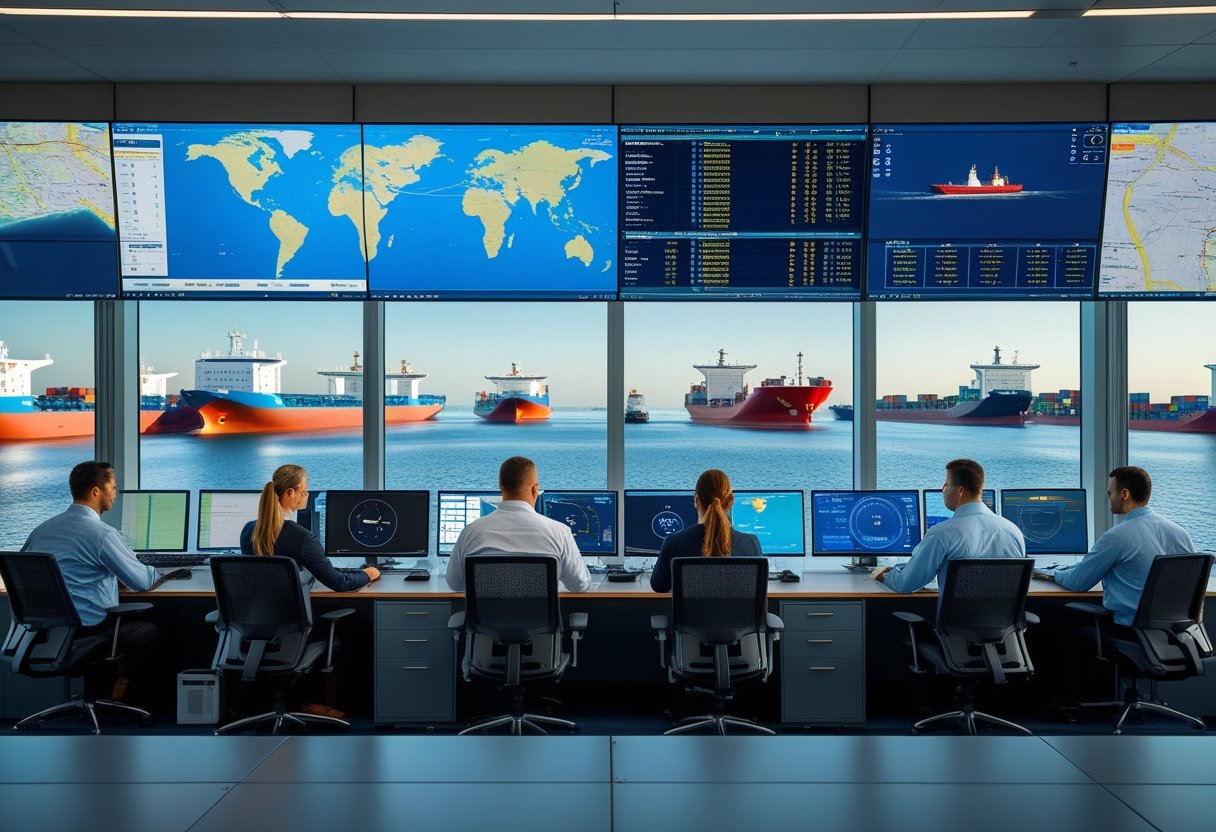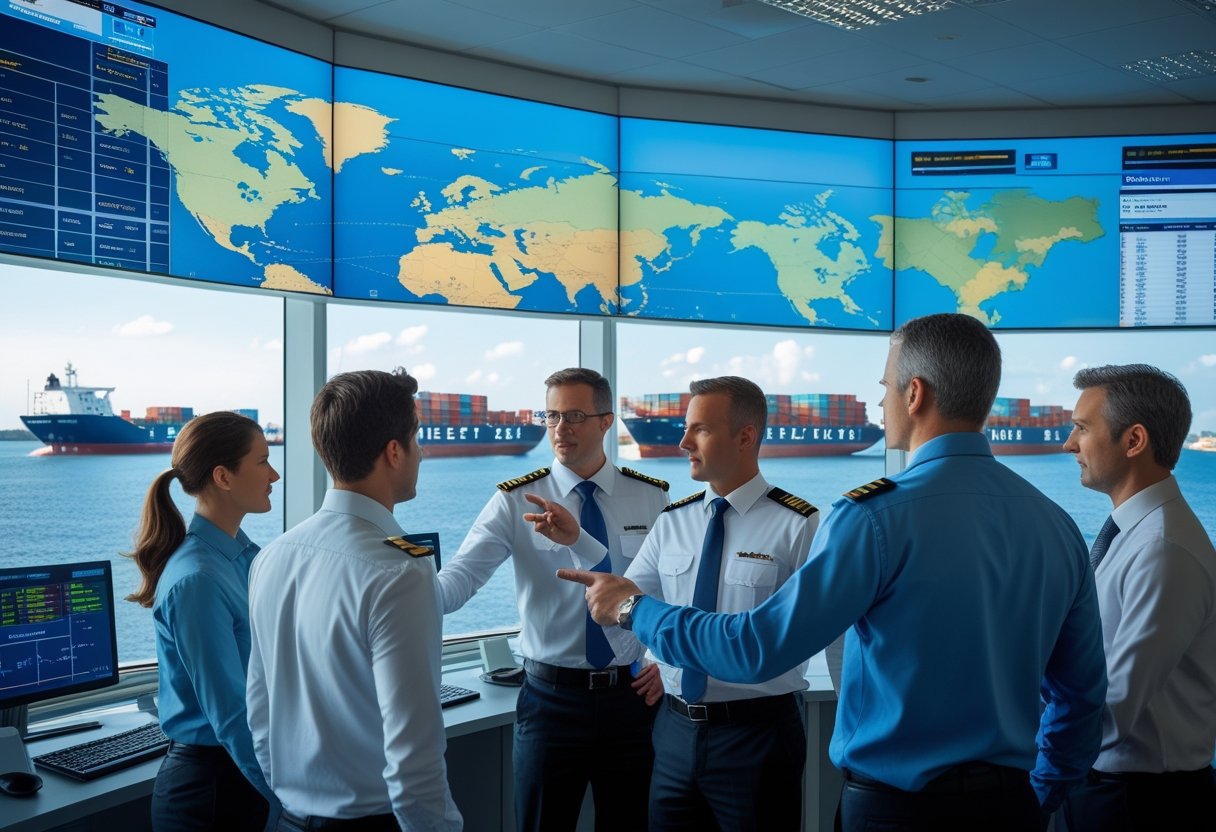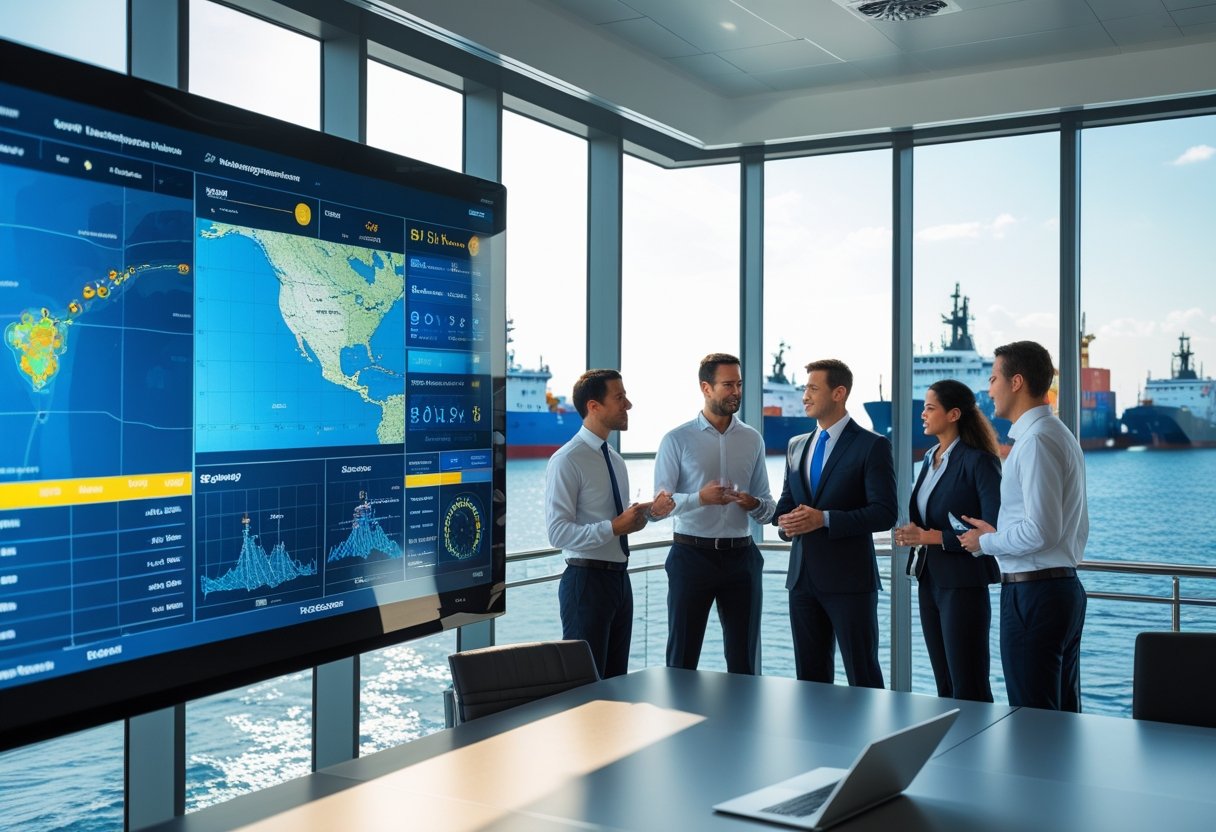How to start saving money
Lorem ipsum dolor sit amet, consectetur adipiscing elit lobortis arcu enim urna adipiscing praesent velit viverra sit semper lorem eu cursus vel hendrerit elementum morbi curabitur etiam nibh justo, lorem aliquet donec sed sit mi dignissim at ante massa mattis.
- Neque sodales ut etiam sit amet nisl purus non tellus orci ac auctor
- Adipiscing elit ut aliquam purus sit amet viverra suspendisse potent
- Mauris commodo quis imperdiet massa tincidunt nunc pulvinar
- Excepteur sint occaecat cupidatat non proident sunt in culpa qui officia
Why it is important to start saving
Vitae congue eu consequat ac felis placerat vestibulum lectus mauris ultrices cursus sit amet dictum sit amet justo donec enim diam porttitor lacus luctus accumsan tortor posuere praesent tristique magna sit amet purus gravida quis blandit turpis.

How much money should I save?
At risus viverra adipiscing at in tellus integer feugiat nisl pretium fusce id velit ut tortor sagittis orci a scelerisque purus semper eget at lectus urna duis convallis. porta nibh venenatis cras sed felis eget neque laoreet suspendisse interdum consectetur libero id faucibus nisl donec pretium vulputate sapien nec sagittis aliquam nunc lobortis mattis aliquam faucibus purus in.
- Neque sodales ut etiam sit amet nisl purus non tellus orci ac auctor
- Adipiscing elit ut aliquam purus sit amet viverra suspendisse potenti
- Mauris commodo quis imperdiet massa tincidunt nunc pulvinar
- Adipiscing elit ut aliquam purus sit amet viverra suspendisse potenti
What percentege of my income should go to savings?
Nisi quis eleifend quam adipiscing vitae aliquet bibendum enim facilisis gravida neque. Velit euismod in pellentesque massa placerat volutpat lacus laoreet non curabitur gravida odio aenean sed adipiscing diam donec adipiscing tristique risus. amet est placerat in egestas erat imperdiet sed euismod nisi.
“Nisi quis eleifend quam adipiscing vitae aliquet bibendum enim facilisis gravida neque velit euismod in pellentesque”
Do you have any comments? Share them with us on social media
Eget lorem dolor sed viverra ipsum nunc aliquet bibendum felis donec et odio pellentesque diam volutpat commodo sed egestas aliquam sem fringilla ut morbi tincidunt augue interdum velit euismod eu tincidunt tortor aliquam nulla facilisi aenean sed adipiscing diam donec adipiscing ut lectus arcu bibendum at varius vel pharetra nibh venenatis cras sed felis eget.
Marine fleet management involves overseeing and coordinating all operational, technical, and compliance aspects of a group of vessels. It ensures that ships run efficiently, meet regulatory requirements, and maintain high performance across various activities.
Effective marine fleet management enables companies to optimize vessel operations, reduce costs, and improve overall safety.

This management process now relies on specialized software solutions that centralize data on fuel consumption, maintenance, crew assignments, and real-time vessel tracking. These tools help fleet operators make informed decisions and streamline workflows.
The maritime industry is moving towards digital transformation. Marine fleet management is evolving with smarter, data-driven approaches that support better resource allocation and operational transparency.
Core Principles of Marine Fleet Management

Marine fleet management focuses on coordinating operational efficiency, safety, and compliance. It also involves cost control and strategic planning.
This requires addressing technical, administrative, and environmental demands to maintain smooth vessel operations.
Key Objectives and Functions
The main objectives of marine fleet management are maximizing vessel utilization, minimizing downtime, and ensuring safety at sea. Fleet management oversees maintenance schedules, fuel use, crew management, and cargo logistics to optimize costs.
Functions such as route planning and real-time tracking help improve performance. Managers also handle tender processes with shipyards and suppliers for cost-effective services.
Using digital tools and software systems streamlines task coordination and reporting.
Industry Challenges
The industry faces challenges like fluctuating fuel prices, complex logistics, and unpredictable weather. Coordinating across various ports and jurisdictions adds complexity.
Delays in maintenance or poor repair tracking can reduce fleet reliability. Adapting to new technology and integrating systems is necessary but can be demanding.
Supply chain disruptions and geopolitical risks impact scheduling. Continuous risk assessment and contingency planning are required.
Regulatory Requirements
Compliance with international maritime regulations is critical. Fleet managers must follow safety standards, environmental protocols like IMO emissions regulations, and documentation requirements for inspections.
Regular audits and accurate record-keeping help avoid penalties. Managers must stay updated on laws for crew certifications, vessel certifications, and cargo handling to maintain operational legitimacy.
Marine Fleet Management Systems Overview

Marine fleet management uses digital tools to optimize vessel operations, maintenance, compliance, and crew management. These systems range from software for specific tasks to integrated platforms that provide broad oversight.
Effective solutions ensure smooth coordination across all fleet activities. They also address technical and regulatory demands.
Types of Fleet Management Solutions
Marine fleet management systems come in several forms, depending on the size and needs of the operation. Basic solutions focus on crew scheduling, maintenance tracking, and fuel consumption monitoring.
More advanced systems offer real-time vessel tracking, audit and inspection templates, and compliance management to meet maritime regulations. Some solutions specialize in asset management and safety monitoring, supporting both efficiency and security.
Custom-built software can integrate multiple functions in one platform. These options appeal to companies seeking features like predictive maintenance or AI-driven analytics.
System Integration and Connectivity
Integration with existing maritime technologies is crucial for fleet management systems. Seamless connectivity allows the system to gather data from sources like GPS trackers, engine monitors, and crew databases.
Cloud computing allows remote access and real-time updates, improving decision-making even at sea. Systems with mobile access let inspectors and crew perform audits and record data anywhere.
Strong integration supports automated alerts and reporting. This reduces manual work and minimizes risk of human error.
Choosing the Right Software
Choosing marine fleet management software depends on operational size, complexity, and priorities such as cost reduction or safety. Important factors include scalability, integration with hardware, user interface quality, and vendor support.
Companies must decide if they need comprehensive suites or focused applications. It is important to check if the system supports mobile devices, cloud access, and customization for reporting.
Trial periods or demos help stakeholders evaluate ease of use and functionality before making a decision.
Essential Features of Marine Fleet Management Software
Effective marine fleet management systems depend on features that improve efficiency, safety, and compliance. Key functions include tracking vessel locations in real time, planning optimal routes, and monitoring ship performance.
These features support decision-making and help reduce operational costs.
Real-Time Vessel Tracking
Fleet management systems use GPS and AIS data to provide live updates on vessel positions. This lets operators monitor ship movements and respond quickly to deviations or emergencies.
Real-time tracking improves communication between ships and shore teams. It also helps with port coordination by providing accurate ETAs and scheduling.
The system displays vessel speed, heading, and status. Alerts can be set for unusual activities like unauthorized route changes or delays.
Route Planning and Optimization
Route planning tools analyze weather, sea conditions, and hazards to suggest safe and fuel-efficient paths. These tools also consider legal restrictions and environmental zones.
Optimized routes reduce fuel use and emissions, saving costs and supporting compliance. On-time delivery rates improve by adjusting routes based on real-time information.
Software often allows simulation of multiple route scenarios. Managers can then select the best plan for current conditions.
Ship Performance Monitoring
Ship performance monitoring tracks fuel usage, engine health, and maintenance needs. Systems collect data from onboard sensors to spot inefficiencies or technical issues.
This supports predictive maintenance and reduces the chance of breakdowns. It also helps schedule drydocking and ensures safety compliance.
Performance dashboards present data clearly. This enables operators to benchmark efficiency and make improvements.
Maintenance Management in Marine Operations
Maintenance management keeps vessels operational, safe, and compliant. It requires planning, monitoring, and resource coordination to reduce disruptions and extend equipment life.
Preventive and Predictive Maintenance
Preventive maintenance involves scheduled inspections and servicing based on intervals or usage. This approach reduces unexpected breakdowns by addressing wear before failure.
Tasks include lubrication, filter changes, and diagnostics. Predictive maintenance uses real-time data and monitoring tools to forecast equipment issues.
Sensors and analytics detect anomalies like vibrations or temperature changes. This lets maintenance teams act only when needed, avoiding unnecessary work.
Combining these methods keeps vessels ready and reduces emergency repairs. Maintenance software often integrates both strategies to track history and streamline workflow.
Spare Parts and Inventory Control
Managing spare parts inventory is vital for maintenance. Stockouts delay repairs, while excess inventory ties up capital and storage.
A centralized inventory system helps track stock levels, reorder points, and supplier lead times. Categorizing parts by importance ensures critical items like engine components are always available.
Digital tools provide automated alerts and detailed records. Proper inventory control supports maintenance schedules and speeds up repairs.
Reducing Downtime
Downtime affects vessel availability and increases costs. It can result from unscheduled repairs, part shortages, or inefficient workflows.
Optimizing maintenance reduces downtime by enforcing timely inspections and quick repairs. Coordinating dock scheduling and resource allocation minimizes idle time.
Digital maintenance platforms provide full task visibility and real-time updates. This transparency helps proactive decision-making and keeps vessels in service longer.
Operational Efficiency and Safety
Marine fleet management balances efficient operations with strict safety standards. This involves crew oversight, regulatory compliance, and minimizing environmental impact.
Each area requires targeted strategies and tools to optimize performance.
Crew Management and Scheduling
Effective crew management is critical for safety and efficiency. Careful scheduling ensures qualified personnel are available without causing fatigue.
Automated systems help allocate shifts and comply with rest requirements. Training programs improve crew competence and support safer vessel handling.
Continuous monitoring of crew performance and certifications maintains readiness. Integration with management software enables real-time updates on crew availability and qualifications.
Regulatory Compliance
Compliance with maritime regulations is essential. This includes following the International Safety Management (ISM) Code and environmental rules like MARPOL.
Fleet managers must use audit-ready systems to track documentation and ensure compliance. Automated alerts for certificate renewals and incident reporting help keep operations legal.
Documentation tools centralize records for inspections and audits. Staying current with regulations protects the fleet from disruptions.
Environmental Performance
Environmental regulations require reduced emissions and responsible resource use. Real-time monitoring systems track fuel use and emissions, helping operators optimize routes and engine performance.
Investing in energy-efficient technologies like hybrid propulsion reduces fuel costs and supports sustainability. Proper waste management and ballast water treatment are also important.
These measures help fleets meet regulations and improve their public image.
Future Trends in Marine Fleet Management
Advancements in technology and new regulations are shaping marine fleet management. Key trends include enhanced connectivity, advanced data processing, and greater environmental responsibility.
Cloud-Based Solutions
Cloud-based fleet management systems are becoming standard because they centralize data and improve coordination. Fleet operators can monitor vessels in real time from any location.
These solutions reduce the need for complex local infrastructure and allow fleets to scale operations efficiently. Cloud platforms also make software updates easier and support compliance with changing requirements.
They enhance collaboration between ship crews, onshore management, and service providers, increasing transparency across the fleet.
Data Analytics and Automation
Data analytics is important for predictive maintenance, route optimization, and fuel efficiency. By analyzing data from sensors and onboard systems, marine fleet management software can spot potential faults before they lead to downtime or expensive repairs.
Automation helps with tasks like scheduling and compliance checks. It also streamlines reporting, which reduces human error and administrative work.
AI-driven analytics improve decision-making. They model operational scenarios and forecast demands.
Sustainability and Digital Transformation
Sustainability initiatives are driving investment in digital transformation within marine fleet management. Operators are using technologies that reduce emissions and optimize fuel use.
These changes respond to stricter international environmental regulations. Digital tools enable real-time monitoring of environmental performance indicators, such as carbon output and energy consumption.
This data supports compliance with green shipping standards. It also helps companies meet corporate social responsibility goals.



